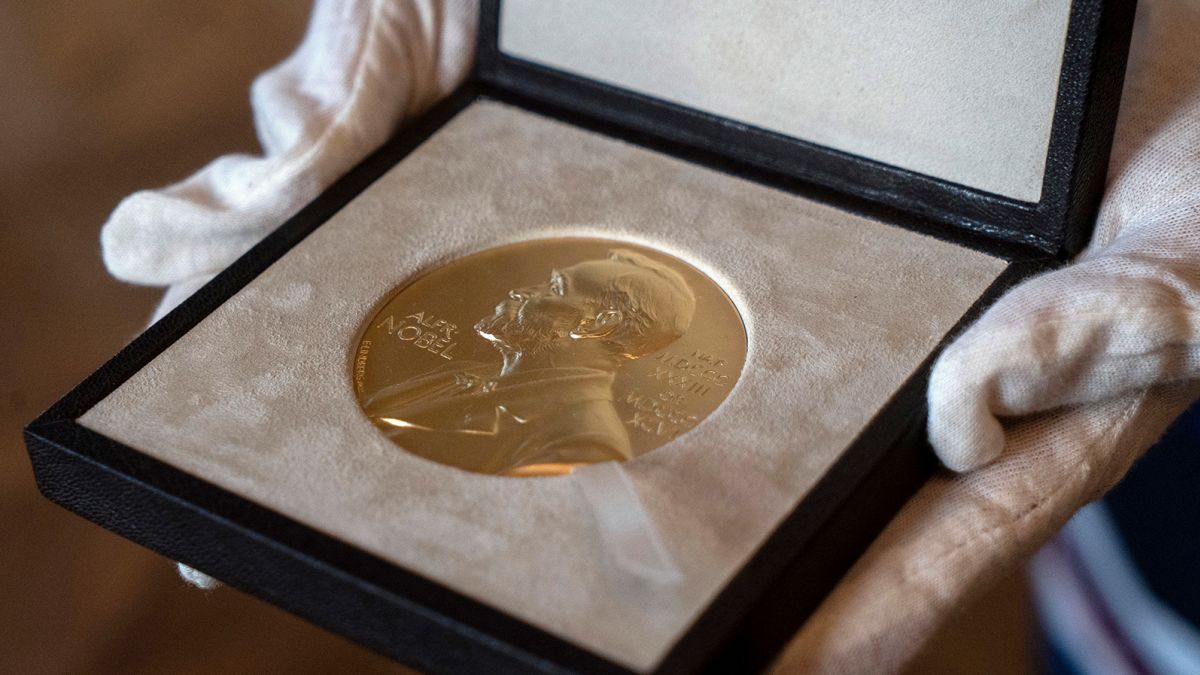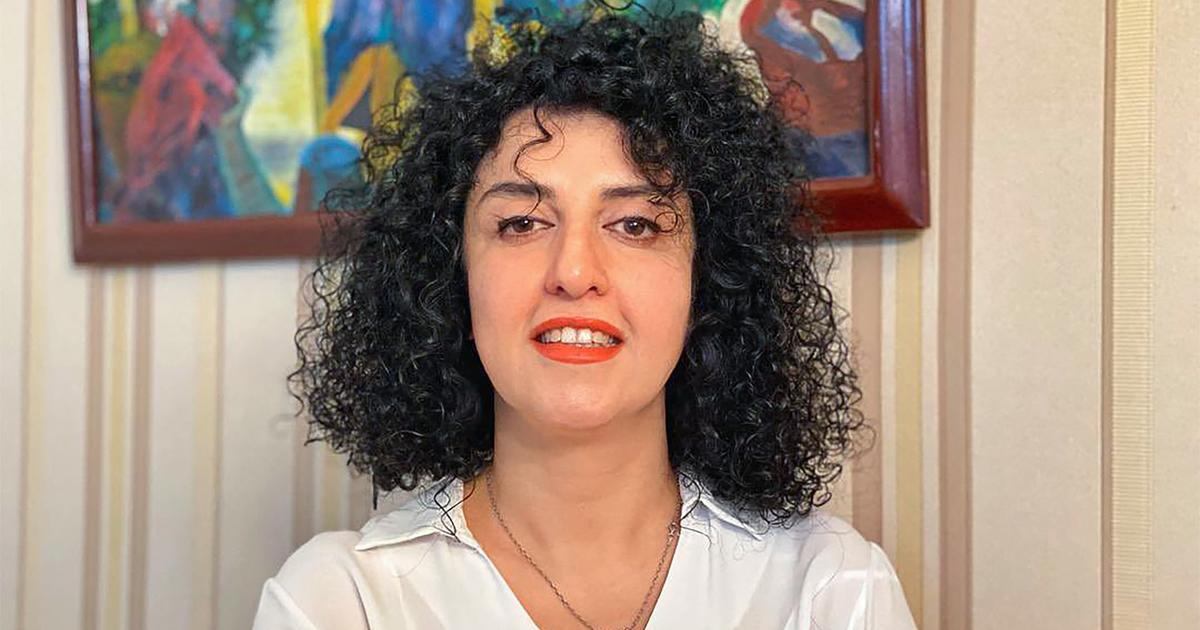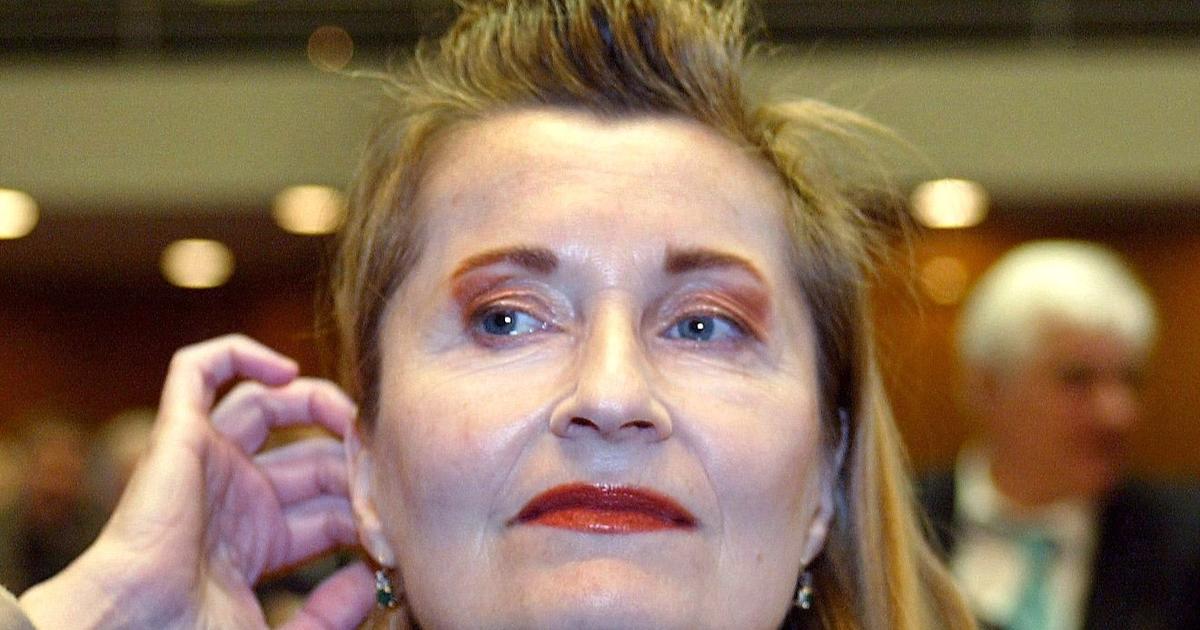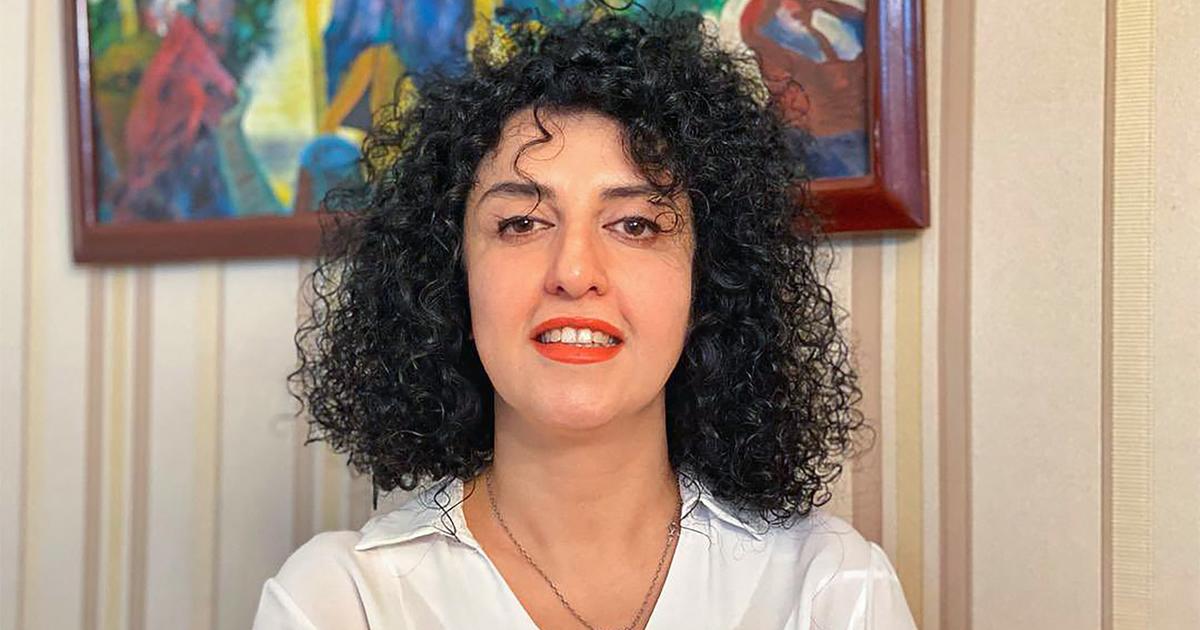What you should know about the Nobel laureates 1:04
(CNN) --
Last year, the winners of the Nobel Prizes in Medicine, Physics and Chemistry, which grant laureates entry into science's most prestigious club, were exclusively men.
For some critics, the fact that none of the 2021 winners in those categories were women is further evidence of systemic bias in science, as women are less likely to be recognized or named as lead authors on scientific papers. , despite the fact that more and more women are participating in scientific research.
Still others say last year was a blip in a broadly positive trend, pointing to a lag effect because the Nobel committee often honors advances three or four decades ago, when there were fewer women in jobs. of responsibility in scientific fields.
David Pendlebury, a senior analyst at Clarivate Analytics, looks at how often a scientist's key works are cited by colleagues, which he says is an indicator of whether a person will win a Nobel Prize.
"Two decades ago it was rare to find a woman, for example, who could be designated a citation laureate, but as we go forward in time, we find that there are more women ... in the senior ranks of researchers," he said. ahead of the 2022 Nobel Prize announcements next week.
A citation laureate is considered to be someone who is likely to win a Nobel Prize.
"That's why I say it's inevitable that the Nobel Prize will be awarded to more and more women...and it will be more geographically diverse."
Five Argentine scientists who inspire girls to enter the world of science
In 2020, two women, Emmanuelle Charpentier and Jennifer A. Doudna, won the Nobel Prize in Chemistry for the development of the CRISPR method for genome editing, while Andrea Ghez was part of the trio that won the Nobel Prize in Physics for the discovery of a supermassive black hole.
The winners of 2019, when the Nobel committee asked nominators to take into account diversity of gender, geography and field, were all men, while 2018 saw the first female winner for physics since 1963, Donna Strickland.
advertising
It is notoriously difficult to predict who will win a Nobel Prize, an honor established by Swedish businessman Alfred Nobel more than a century ago.
The list of candidates is secret, as are the nominators, and the documents revealing the details of the selection process are sealed from public view for 50 years.
However, there is no shortage of candidates worthy of being the next science laureates.
Here are five women scientists and their life-changing discoveries.
Cancer-causing genes:
In the 1970s, although cancer was known to sometimes run in families, cancer research focused on viruses.
Dr. Mary-Claire King, with a background in research on genetic differences between humans and chimpanzees, is now a professor of medicine and genome sciences at the University of Washington School of Medicine, and has adopted a new approach.
She discovered the role that a BRCA1 gene mutation played in breast and ovarian cancer.
The discovery has made it possible to carry out genetic tests that can identify women at increased risk of breast cancer, as well as take measures to reduce their risk, such as additional examinations and preventive surgeries.
Mary-Claire King, right, the American geneticist who identified a gene that increases vulnerability to breast cancer when in its mutated form, in Jerusalem, on September 7, 2014. Credit: Rina Castelnuovo/The New York Times /redux
Vaccination breakthroughs:
Dr. Katalin Karikó, Senior Vice President of Germany-based BioNTech, won a 2021 Lasker Prize, an honor often considered a precursor to the Nobel Prize.
Along with Drew Weissman, a professor of vaccine research at the University of Pennsylvania, she pioneered the use of synthetic messenger RNA to fight disease, which involves changing the way the body makes material to fight viruses.
Although her work received little attention when it was first published in 2005, her research is now the basis for two widely used Covid-19 vaccines.
Katalin Kariko played a key role in the development of mRNA vaccines.
Credit: Hannah Yoon/Bloomberg/Getty Images
Astronomical curiosity:
Jocelyn Bell Burnell, a physicist from Northern Ireland, contributed to the discovery of the pulsar, a puzzling astronomical phenomenon, as a graduate student at Cambridge University.
However, it was her supervisor Antony Hewish, who shared the Nobel Prize in Physics in 1974, who took credit for the discovery.
In interviews, Ella Bell Burnell has been magnanimous about being passed over, saying she was proud that the stars she looked at had convinced the award committee.
"My contemporaries were more disgusted by the Nobel than I was by the fact that I was not recognized. One of them labeled it the 'No-Bell' prize!" she said in an interview.
In 2018, she was awarded the Special Prize for Advances in Fundamental Physics, for which she received £2.3 million.
Acclaimed Northern Irish astrophysicist Jocelyn Bell Burnell discovered the pulsar.
Credit: Colin McPherson/Corbis/Getty Images
Revolutionary Chemistry:
Dr. Carolyn Bertozzi, a professor at Stanford University, has pioneered a new field called bioorthogonal chemistry, which focuses on chemical reactions within living cells that can take place without interfering with cellular processes innate.
She sought to understand why cells are coated with sugar and how these sugar molecules contribute to conditions such as cancer, inflammation, and bacterial infection.
Modification of these cells through biorthogonal chemistry has led to new ways of treating many diseases.
She won this year's Wolf Prize for Chemistry and is also an active activist for LGBT rights.
Carolyn Bertozzi, a Stanford chemist, at the Grace Science headquarters in Menlo Park, Calif., on Nov. 17, 2019. Credit: James Tensuan/The New York Times/Redux
Prevention of sickle cell disease (SCD):
Dr. Marilyn Hughes Gaston devoted much of her life to understanding sickle cell disease, an inherited condition in which the body cannot make normal hemoglobin.
By affecting children, it causes tissue damage, causing weakness and even death.
Gaston became interested in the condition while interning at Philadelphia General Hospital in 1964. In 1986, he published the results of a groundbreaking national study that tested the efficacy of long-term administration of penicillin to children with sickle cell disease in preventing septic infections resulting from the disease.
As a result of Gaston's work, all children are screened for sickle cell disease at birth.
The work of Dr. Marilyn Gaston, left, ensured the detection of sickle cell anemia in children at birth.
Credit: Jahi Chikwendiu/The Washington Post/Getty Images
The Nobel Prize in Physiology or Medicine will be announced on Monday, followed by the Physics prize on Tuesday and the Nobel Prize in Chemistry on Wednesday.
The Nobel Prize for Literature and the Nobel Peace Prize will be announced on Thursday and Friday, respectively.
Nobel Prize















